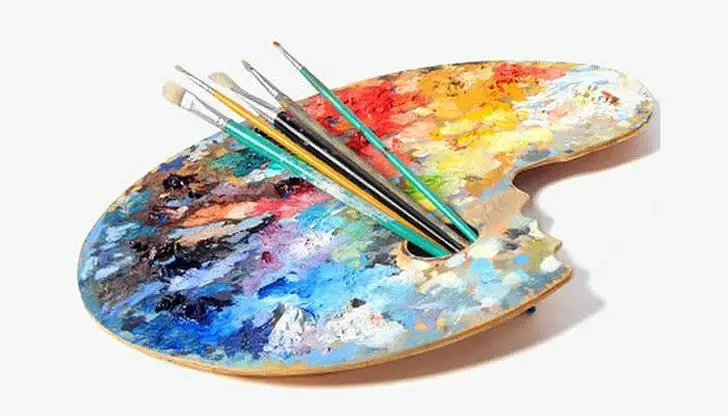6 Ways to Help You Relieve Depression
Advertisement

Depression is the fourth largest disease in the world, also known as depressive disorder, and the number of people with the disease is increasing every year. Mild depression patients only show a low mood, lack of interest in things, and in severe cases have a tendency to commit suicide. But we have to believe that depression can be cured. If you find yourself prone to depression, don't be afraid, and hopefully the following six ways may help you ease your depression.
1. Knit sweaters

A doctor in the UK once suggested that knitting sweaters can effectively relieve depression. One of the core symptoms of depression is impaired cognitive function. Cognitive function is the process in which the human brain accepts external information, processes it, and converts it into internal psychological activities, thereby acquiring knowledge or applying knowledge. It includes memory, attention, cognitive processing speed, executive function, etc. Many patients with depression will feel like their memories are gone, inability to concentrate, slow reaction, lack of motivation to do things, procrastination, etc. The above are the manifestations of impaired cognitive function.
Emotion and cognition are interrelated. Cognitive-behavioral therapy in psychotherapy aims to treat depression by correcting bad cognitive patterns. While knitting seems to be a very common activity, this process requires the full participation of cognitive function, which is a behavioral therapy in itself. By knitting sweaters, attention and short-term memory ability can be improved, executive function can be improved, and the purpose of relieving depression can also be achieved.
2. Painting

As an emotional expression tool, painting is widely used in psychological counseling and psychotherapy. Compared with traditional talk-based psychotherapy, painting therapy has more advantages. Because painting therapy allows people to vent, express, perceive and deal with the plot and the inner conflict in the individual's subconscious through brushes and paints, so as to achieve the purpose of self-healing. Studies have found that the right hemisphere of the human brain is pictorial, related to perception and spatial orientation, and controls psychological functions such as music, painting, and emotions; the left hemisphere is related to symbolic relationships, abstract thinking, and logical analysis of details. We often cannot express our inner feelings in words, but painting can directly express our inner emotions beyond words.
3. Listen to music

Many studies have confirmed that music has the effect of regulating emotions, which can improve patients' depression, enhance their subjective will activities, mobilize patients' enthusiasm, stimulate patients' emotions, and improve their ability to stress. The mechanism of the effect of music on depressive mood is in both physiological and psychological aspects. Physiologically, music can inhibit the secretion of epinephrine, up-regulate endorphin levels in pain patients, and down-regulate endorphin levels in normal people, thereby improving sleep quality and relieving depression.
4. Write a diary

The process of writing a diary is a self-healing process. In one study, a group of students spent 20 minutes a day for four days writing down their feelings in a journal. After a few months, the questionnaires showed that each student's attitude towards life was more correct and positive than before. In a state of depression, people will have cognitive biases, and their evaluations of things and themselves are negative. Through the diary, they let their emotions vent without reservation, and express their unspeakable stories and secrets out. Keeping a diary can also enhance self-experience and improve the sense of existence. It helps to enhance the sense of meaning in life, express the experience of life in words, and feels that one is truly alive.
5. Exercise more

Exercise can divert the attention of depression patients, vent their emotions, reduce tension and anxiety, etc., and has a good adjuvant treatment for depression. Studies have shown that endorphins secreted by the brain during exercise are biochemical substances similar to morphine, which can give people a sense of euphoria and have a unique effect on reducing psychological stress. Depressed patients have different degrees of damage to brain structure and brain function, which are specifically manifested as a decline in cognitive, executive, and memory functions. Exercise has been shown to remodel depressed brain structure, promote the regeneration of hippocampus neurons, promote adaptive changes in behavior, and help delay cognitive decline.
6. Increasing outdoor activities

Increasing outdoor activities is the best way to relieve depression and prevent depression. Before we start outdoor activities, we need to plan and arrange them in advance. When we start outdoor activities, we need to have a better executive function, exercise ourselves to avoid being emotional, and complete something according to the established plan. Regular outdoor activities can help to improve cognitive function and prevent depression.
Outdoor activities also increase opportunities for sun exposure, which can help relieve depression; increase opportunities for interpersonal communication, deepen friendships among friends and build stable interpersonal relationships and social support systems.



